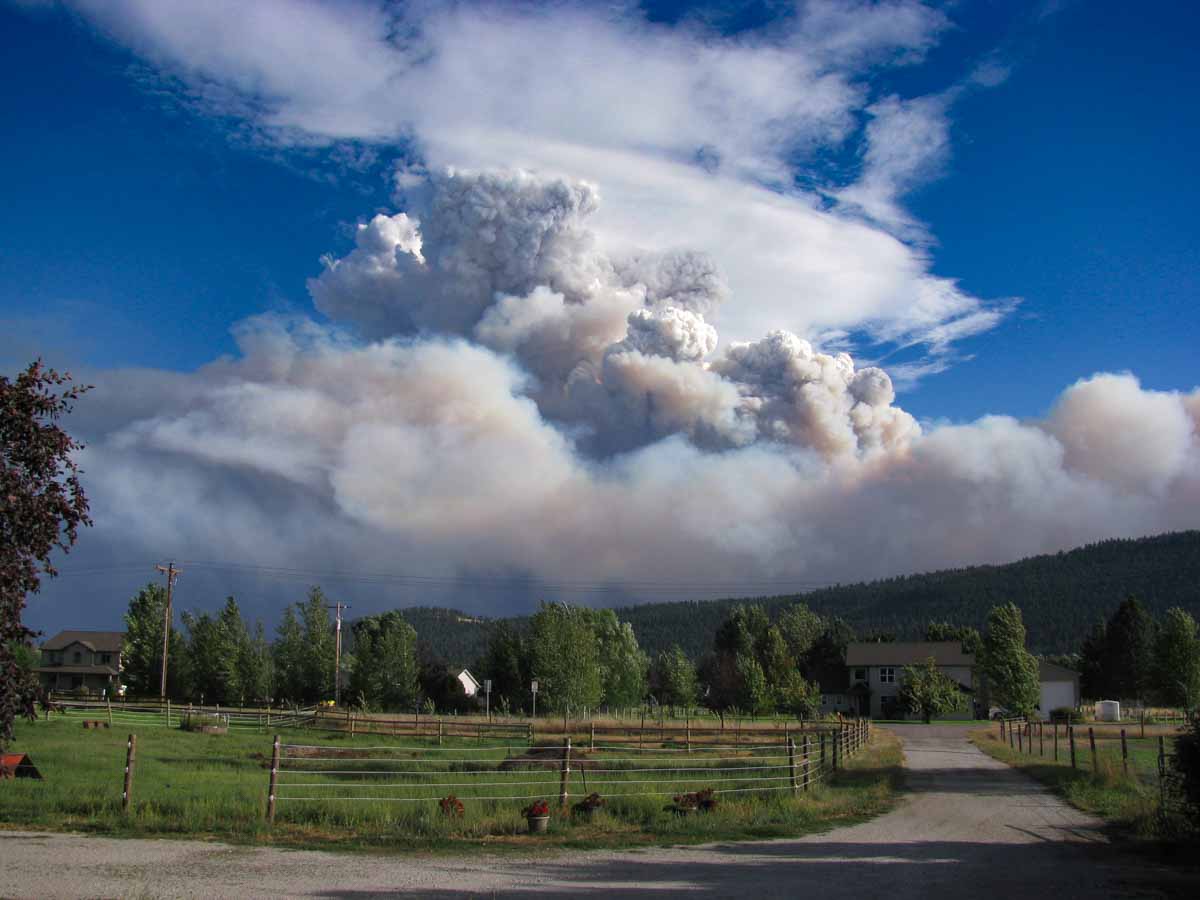
In a hearing Tuesday before the House of Representatives Science, Space, and Technology Committee the topic was “The state of federal wildland fire science: examining opportunities for further research and coordination.” And just as promised, many topics were recommended for additional development and research.
There were four witnesses:
-
-
- Dr. Craig B. Clements, San Jose State University
- Dr. Jessica McCarty, Miami University
- George Geissler, Washington DNR
- Fire Chief Erik Litzenberg (Ret), International Association of Fire Chiefs
-
If you don’t have two and a half hours to watch the video below of the entire hearing, you can watch the prepared five-minute presentations of the four witnesses and get a good idea of the topics that were discussed. They begin at 26:30.
I made a list of the topics that were mentioned as needing more research:
- Better systems for fire detection and modeling.
- Systems for tracking the real time location of firefighters and other resources.
- Increase the budget for the Joint Fire Science Program, which was cut in half during the last four years.
- Fire weather.
- Deploy on fires what would be the equivalent of hurricane hunter aircraft for real time monitoring of fires and weather at fires.
- Treat fire weather the same as other severe weather phenomena.
- Continuous real time high resolution imagery of fires.
- Operational community-based coupled fire atmosphere models.
- Better geospatial and temporal resolution for monitoring fires.
- Improved and standardized warning system for fires.
If you would like to see another point of view, check out a July 1 interview with Mark Finney by Saul Elbein in The Hill. Mr. Finney is a Research Forester with the Missoula Fire Sciences Laboratory. Early in the piece Mr. Finney said more prescribed fire was needed.
Here is an excerpt from the article:
Equilibrium: What do you feel is missing from an approach centered on suppressing big fires?
Finney: The issue is, reactive management rarely works. My analogy is health care — if all health care was emergency rooms and ambulances, you’d have a health care disaster on your hands.
Because there’d be no preventive care. You’d have ambulances everywhere, people getting rushed off. But by the time you have emergency care, it’s too late.
People get engaged in looking for better satellites or mapping or sensors thinking: If we get better at reacting, we’ll solve the problem.
But that’s not true. If nature picks the time, place and conditions to start a fire, and you run around and deal — then you’re a moron. You’re just playing defense. You can’t win any contest by playing defense.


